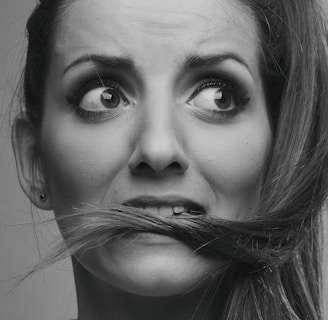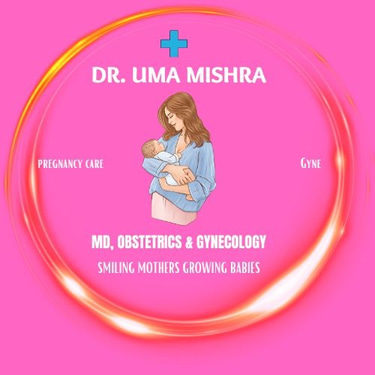What are the Major Causes of Frequent and Excessive Hair Fall?
Frequent and excessive hair fall can be attributed to various factors, and it often results from a combination of genetic, environmental, and lifestyle factors. Dr Uma Mishra, Gynecologist in Noida explains the reasons of frequent hair fall.
Dr Uma Mishra, Gynecologist
2/19/20242 min read


Dr Uma Mishra, Gynecologist is one of the most trusted gynecologists in India. In this article she explains the reasons for excessive hair fall!
Frequent and excessive hair fall can be attributed to various factors, and it often results from a combination of genetic, environmental, and lifestyle factors. Here are some major causes of hair fall:
1. Genetics: A family history of hair loss, known as androgenetic alopecia, can contribute to hair fall. This condition is more commonly seen in men as male-pattern baldness and in women as female-pattern baldness.
2. Hormonal Changes: Fluctuations in hormones, such as during pregnancy, childbirth, menopause, or thyroid disorders, can lead to hair loss. Hormonal imbalances can affect the hair growth cycle.
3. Nutritional Deficiencies: Inadequate intake of essential nutrients, such as iron, zinc, vitamin D, and vitamin B12, can impact hair health. A well-balanced diet is crucial for maintaining healthy hair.
4. Stress and Anxiety: Chronic stress can contribute to hair fall by disrupting the hair growth cycle. This condition is known as telogen effluvium. Physical or emotional stressors can trigger this type of hair loss.
5. Medical Conditions: Certain medical conditions, like autoimmune diseases (e.g., alopecia areata), fungal infections of the scalp, and other skin disorders, can lead to hair loss.
6. Medications and Treatments: Some medications, such as chemotherapy drugs, anticoagulants, and certain antidepressants, can cause hair loss as a side effect. Additionally, harsh treatments like chemotherapy and radiation therapy can lead to temporary or permanent hair loss.
7. Poor Hair Care Habits: Overuse of styling tools (e.g., straighteners, curlers), frequent use of harsh chemical treatments (e.g., perming, coloring), and tight hairstyles (e.g., ponytails, braids) can damage the hair and contribute to hair fall.
8. Age: As individuals age, the rate of hair growth naturally slows down, and hair follicles may become less active, leading to thinning and hair loss.
9. Environmental Factors: Exposure to pollutants, harsh weather conditions, and UV radiation can negatively impact hair health.
10. Hormonal Disorders: Conditions like polycystic ovary syndrome (PCOS) and hormonal imbalances related to the androgens (male hormones) can lead to hair loss in women.
It's important to note that addressing the specific cause of hair fall requires identifying the underlying factor. Consultation with a healthcare professional or a dermatologist can help diagnose the root cause and determine an appropriate treatment plan.
Consult Dr Uma Mishra for any Pregnancy Care issues, Hormonal Disorders or Medical conditions related to OBGYN.
